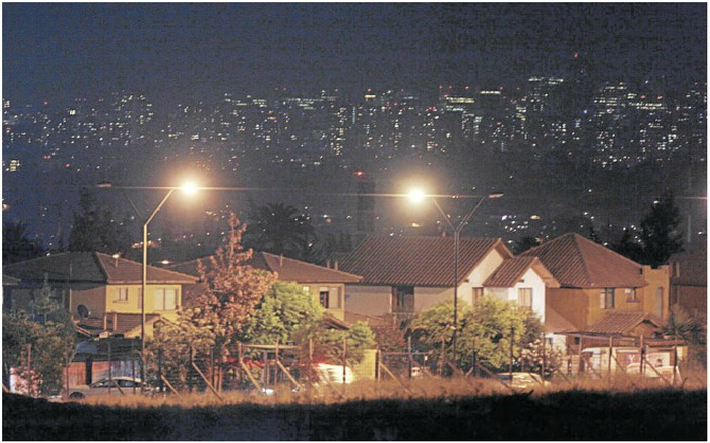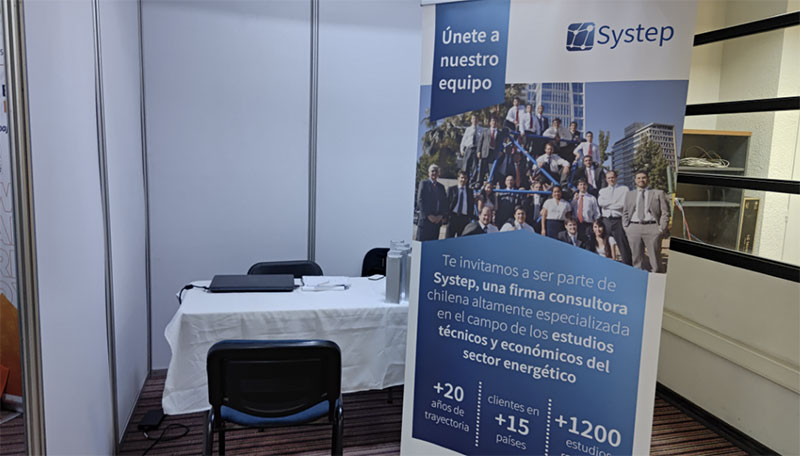
The project would contain longer terms for awarding contracts and differences by type of technology for electricity generation.
Government to send project to modify electric bids in August
The government is working at full speed to have ready in the coming months the bill that will modify the electricity supply bidding system for households, which seeks to reduce electricity prices by 20%, according to the energy agenda.
Sources from the Ministry of Energy indicate that the experts convened by the National Energy Commission (CNE), including the executive director of the Association of Electric Companies, Rodrigo Castillo; academic and consultant Hugh Rudnick; consultant and former CNE, María Isabel González; consultants Claudio Gambardella, Pedro Maldonado and Ramón Galaz, and the director of Systep, Sebastián Mocarquer, are already working on the proposals, and that the bill will most likely enter Congress for discussion in August.
This group will also be joined by the economist and academic from the University of Chile, Ronald Fischer, who was recently hired by the portfolio.
The government’s idea is to lower the prices obtained in the last supply tenders of 2013 (in which, incidentally, not all of the energy offered was awarded), of US$ 128 per megawatt, which were 40% higher than those registered in the 2007 process. The aim is to reduce the impact on tariffs for regulated customers in the coming years.
The axes of the project
Experts are working to make bidding more attractive and bring new players into the system, for which the extension of deadlines and differentiated bidding could be the way forward.
In this regard, the CNE will launch a long-term tender – involving an estimated capacity of some 5,000 megawatts – in different blocks and terms. The call would be issued in 2015, the award in March 2016 and the supply would start in 2021.
Sources point out that among the main points being discussed by experts today is the regulation of supplies without a contract, to prevent cases such as the bankruptcy of the Campanario power plant from having an impact on the entire system. This issue, due to its technical complexity, is seen by the authority and the system’s stakeholders as a strong barrier to entry for new operators, for which reason a long-term solution will be sought.
Another point under discussion is that a single actor -either the government or the distributors- should take full responsibility for the bidding process. Today, the companies prepare the bases for the processes, which are then approved by the CNE.
Perhaps the biggest change the bill could contain would be to end the “neutrality” of tenders with respect to the generation sources used to fulfill the contracts, for example, Non-Conventional Renewable Energies. There are different positions here, but the aim is to converge with the objectives of the long-term energy policy, say sources.



